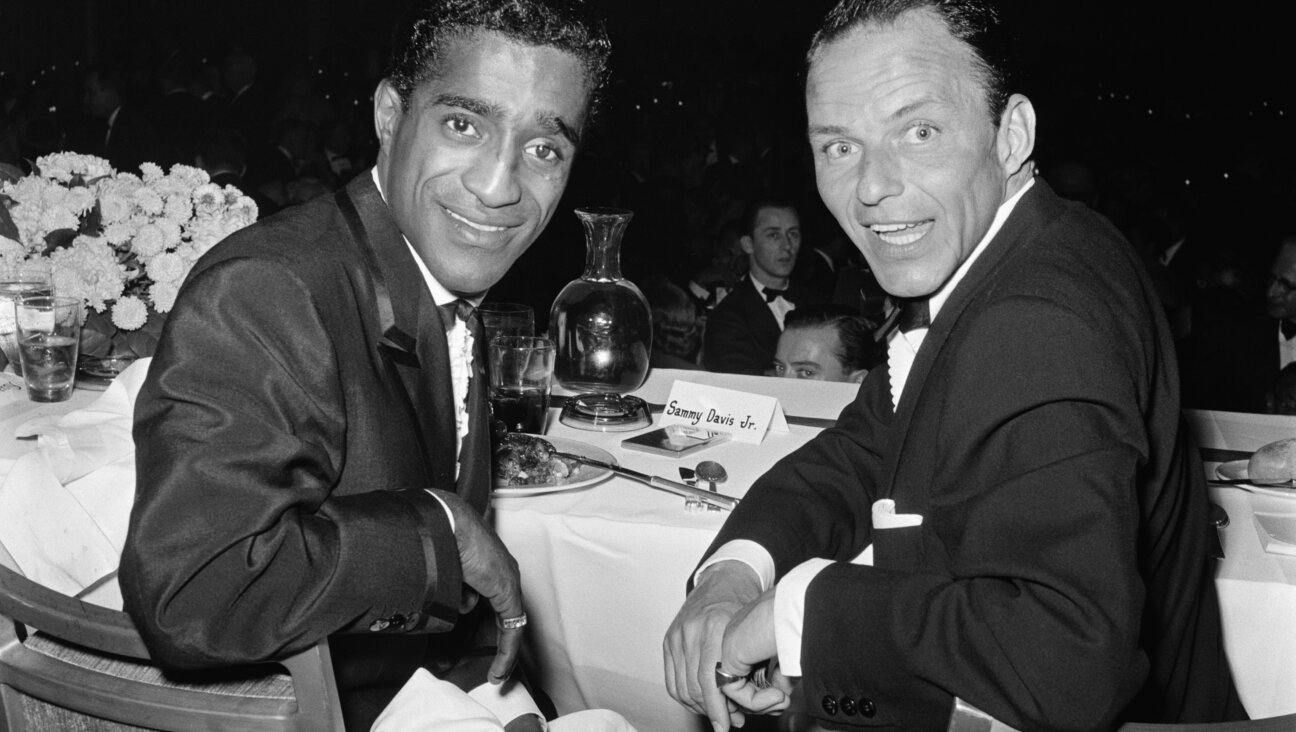Burning the Ones You Love
The Archivist’s Story
By Travis Holland
The Dial Press, 256 pages, $23.
How does a lover of great literature survive in an era in which writers are persecuted and manuscripts are burned? And what if that same person were forced to destroy the manuscripts of the great writers he venerates? This is the dilemma faced by Pavel Dubrov in Travis Holland’s lyrical first novel, “The Archivist’s Story,” which takes place in the Soviet Union during the late 1930s. It is a time of denunciations and purges, when the infamous Moscow prison, Lubyanka, welcomes a steady stream of innocent prisoners transported by black NKVD vans in the middle of the night.
Against this volatile backdrop we meet Pavel, a disgraced schoolteacher assigned to an archivist’s position in Lubyanka. His job is to report to a young lieutenant named Kutyrev, confirm the authorship of politically suspect manuscripts, archive these manuscripts and then burn them. Thirty-two-year-old Pavel is still reeling from the death of his wife in a sabotaged train wreck when he is told to interview writer Isaac Babel in order to validate his authorship of an unsigned short story. Pavel, already an admirer of Babel’s stories, is so struck by the writer’s humanity and quiet strength that he asks himself whether he would be willing to risk his own life in order to save the master’s work from destruction: “If ‘Di Grasso’ had never made it into this journal, if it had passed into his hands as Babel’s other stories have, would he burn it? Would he have any choice?”
As Pavel grapples with his conscience, he still must tend to his responsibilities at home. He has to visit his increasingly frail mother, who is experiencing odd blackouts and lapses of memory. He regularly drops in on Semyon, a friend whose loose tongue may put his life in jeopardy. He also finds moments of intimacy with a neighbor, Natalya, whose absent family and wide scar across her face suggest an unspeakably painful past. Perhaps Pavel and Natalya connect so strongly because Pavel is also harboring a dark secret — the cause of his expulsion from the university — and he worries that it’s just a matter of time before his role in that affair causes a NKVD van to come for him.
In the meantime, apart from the odious nature of his work and his own deep-seated guilt about his past behavior, Pavel’s main source of suffering is the lack of closure over his wife’s death: Due to a bureaucratic error, her remains have been misplaced, and each day brings another missive revealing further delay and administrative mismanagement. Perhaps by rescuing Babel’s fiction, Pavel can somehow rebel against the forces that threaten to overpower him: “If he can save Babel’s story, save some remnant of his work, perhaps he can redeem himself, if there is anything in him left to redeem. Perhaps it is not too late.”
In Pavel, Holland has created a complex, ruminative character who always engages our sympathies. At times, however, we cannot help but feel that the author may have imposed too much of his own historical perspective onto the character of Pavel, lending him a worldview rather far-reaching for a man caught up in the maelstrom of Stalin’s Soviet Union. When a friend of his refuses to perceive himself as a potential NKVD target, Pavel thinks, “He has seen what happens to people who failed to read the warnings, who refused to believe that the beautiful bright world they inhabited could one day fall upon them like a hobnailed heel, crushing them into dust.” Elsewhere, similar introspections seem to have the Soviet Union’s eventual demise firmly in mind: “It is a dreadful testament to the times that Kutyrev and the millions like him can imagine the waterless path they are laboring along to be anything but what it is and will always be: a bag of bones.” There is no doubt that the novel is exceedingly well researched, but these insights yank us free from Pavel’s unique perspective, drawing our attention instead to the author’s presence.
The concept for the novel is an intriguing one, and to Holland’s credit, he speeds us right to the heart of the story, pitting Pavel against Babel on the very first page. It is crucial to the novel that Babel be the writer to redeem our protagonist, but the connections between the two men call out for more vivid portrayal. Certainly Babel was clear-eyed about the violent ravages of war, and as a journalist for the Red Cossack Army, a Russian Jewish intellectual and a modernist genius of the short story, he is also one of the most fascinating characters in Russian literature. Holland could have done more to flesh out his significance to the novel.
Still, “The Archivist’s Story” is an earnest, delicately woven novel that can also be quietly terrifying. Its most luminous moments belong neither to the premise nor to the observations concerning that dark period in Russian history, but instead to the beautifully rendered images, ones that convey impending doom through the most subtle of details: “The shadows along the street — the lampposts, kiosks, the long park wall — wink out. The wind has risen: An enormous cloud, its edges fringed in light, crosses over the moon.”
Irina Reyn’s anthology, “Living on the Edge of the World: New Jersey Writers Take on the Garden State,” has just been published by Touchstone/Simon & Schuster.
A message from our Publisher & CEO Rachel Fishman Feddersen

I hope you appreciated this article. Before you go, I’d like to ask you to please support the Forward’s award-winning, nonprofit journalism during this critical time.
We’ve set a goal to raise $260,000 by December 31. That’s an ambitious goal, but one that will give us the resources we need to invest in the high quality news, opinion, analysis and cultural coverage that isn’t available anywhere else.
If you feel inspired to make an impact, now is the time to give something back. Join us as a member at your most generous level.
— Rachel Fishman Feddersen, Publisher and CEO






















